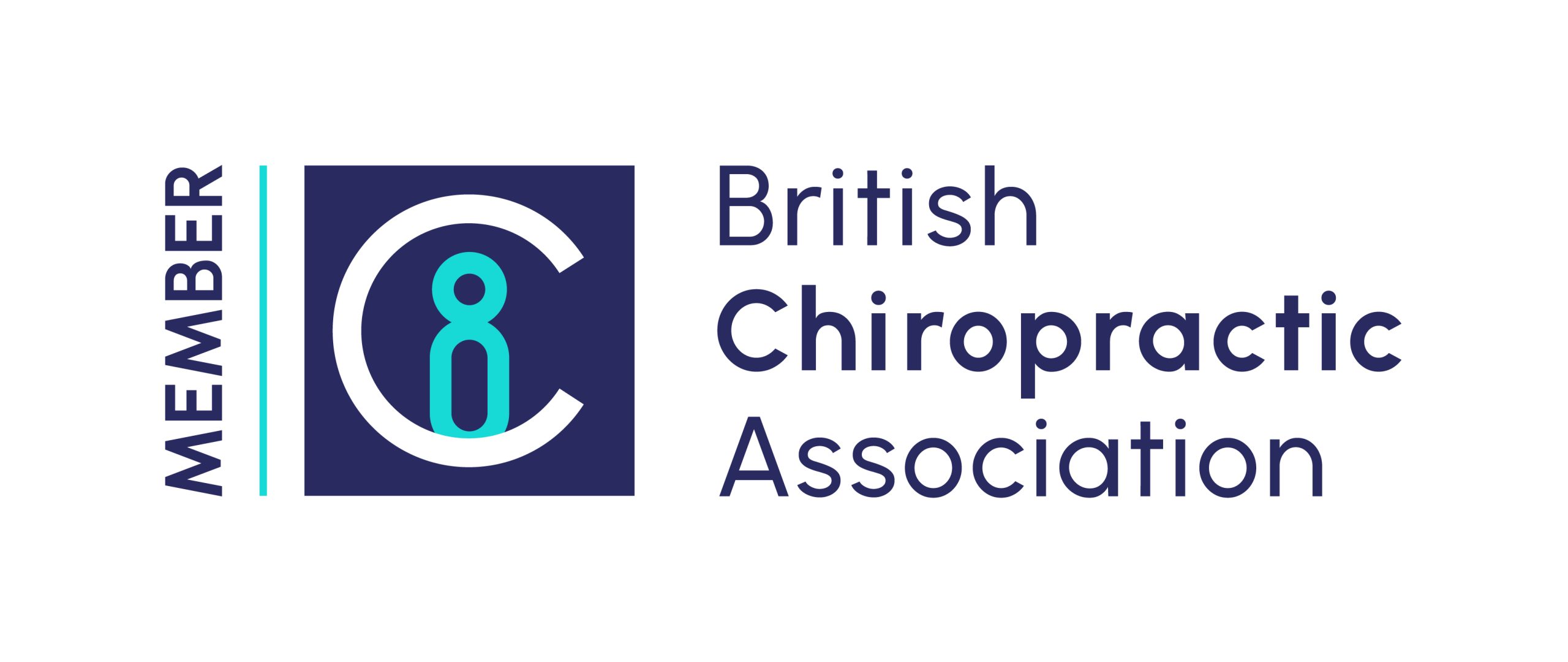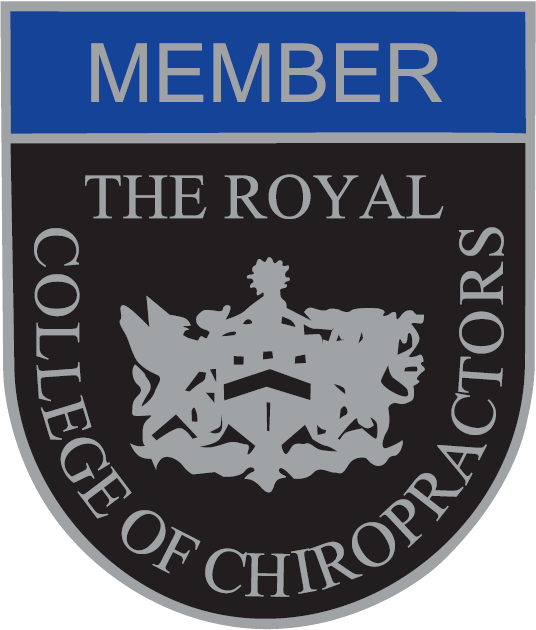We all know certain foods aren’t great for us, but what does science say about their real impact? From sugar-laden drinks to sizzling red meat, here’s a breakdown of how these dietary staples could quietly undermine your health:
Sugar
Natural sugars in fruit and vegetables are fine, but added sugars—like those in sodas or cakes—can lead to obesity, diabetes, heart disease, depression, and even cognitive decline. High sugar consumption affects dopamine levels, creating addictive patterns, and increasing risks for dental caries and chronic diseases. Restricting sugar, especially in early childhood, could significantly reduce risks of type 2 diabetes and hypertension.
Salt
The average adult in the UK consumes too much salt, leading to high blood pressure—a major cause of heart disease and strokes. Excessive salt intake is also linked to stomach cancer, kidney disease, and cognitive issues. While some salt is essential, experts recommend limiting intake to 6g daily (about one teaspoon).
Red Meat
Government guidelines recommend eating no more than 70g of red meat daily. Excessive consumption is linked to bowel cancer, type 2 diabetes, and heart disease. Cooking methods like grilling or frying worsen the risks by producing harmful chemicals. Cutting down on red meat not only benefits your health but also supports environmental sustainability.
Alcohol
Even moderate alcohol consumption poses health risks. Studies reveal a connection between low alcohol intake and increased cardiovascular issues. Alcohol’s toxic byproducts, like acetaldehyde, can damage cells, contribute to cancer, and exacerbate liver and heart problems. Healthier alternatives include nutrient-rich foods like grapes and blueberries.
Other Offenders
- Fizzy Drinks: High in sugar and linked to obesity, diabetes, and stroke risks. Even artificially sweetened versions can harm vascular health.
- Processed Meats: Classified as carcinogenic, these contain harmful chemicals like nitrates and nitrites, which raise cancer and diabetes risks.
- Pastries and Crisps: Loaded with trans fats, salt, and harmful byproducts, they contribute to inflammation, heart disease, and cancer.
- Breakfast Cereals: Many are ultra-processed, high in sugar, and low in fibre, impacting gut health and increasing obesity risks.
Takeaway: While occasional indulgence is fine, the science is clear: reducing your intake of these foods and drinks can significantly boost your long-term health and well-being. Focus on fresh, unprocessed alternatives to keep your body and mind thriving.
Discover more insights on how diet impacts health on our nutrition guidelines booklet on our webpage – click here to read more.










